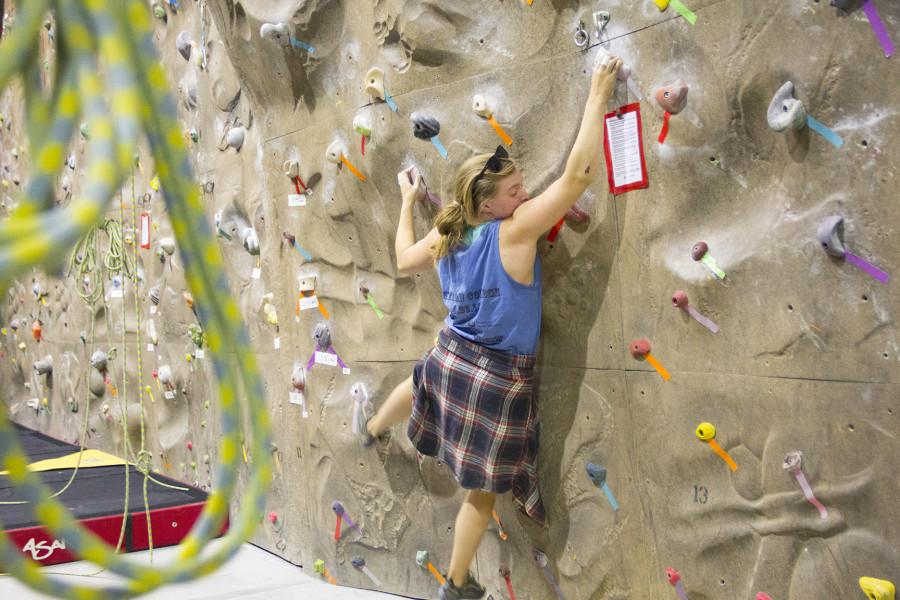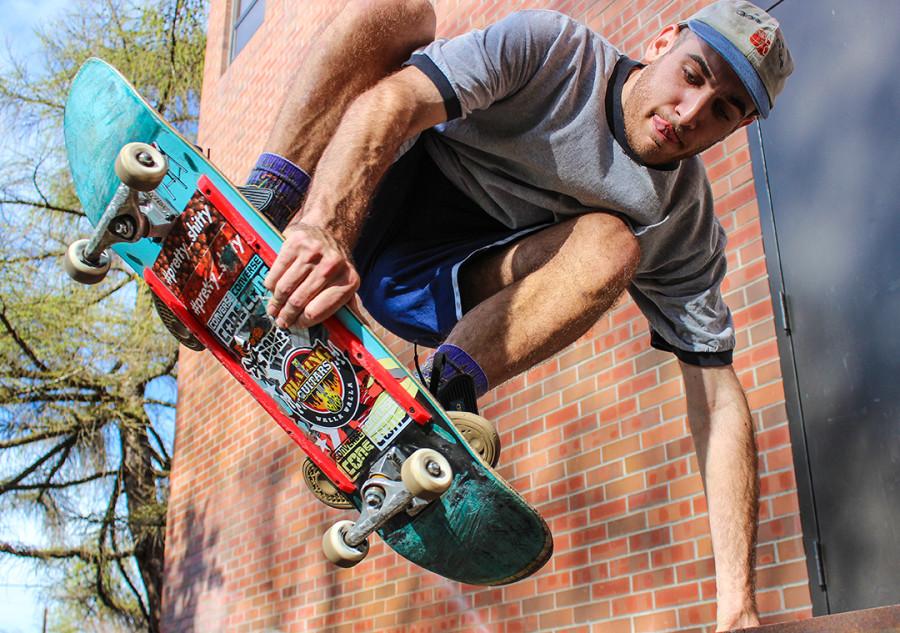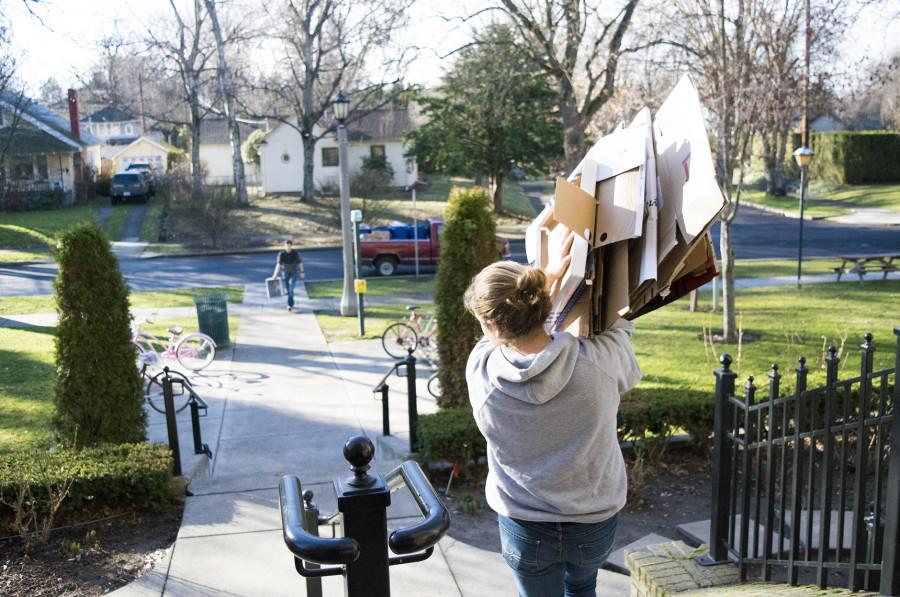Junior Maggie Appleton, vice president of ASWC, says that student government is “not looking to reform a broken system.” But that doesn’t mean ASWC isn’t looking to make some significant changes this year.
Senior Matt Dittrich, president, outlines a main goal:
“I’ve been working with [Whitman President George Bridges] and various trustees to help integrate students into the governing process,” Dittrich said.
There is one student representative on the Board of Trustees. Currently, Dittrich is the representative by virtue of his office.
“But, theoretically any student can apply to be the representative. I did before I was president,” said Dittrich.
Dittrich wants to pair students with trustees and overseers on the Board Of Trustees Budget Committee and the College Budget Advisory Committee, so that there is more student representation in Whitman’s larger financial decisions.
Dittrich also wants students to be involved in the Board of Trustees Investment Board, but in that case, students would play a different role.
“Ideally speaking, students will be conducting research projects on various market sectors and then the Trustees Investment Board would actually utilize that information for the benefit of our institution,” Dittrich said.
Concerning the feasibility of these projects, the Executive Council notes that schools similar to Whitman have students working with members of the Board of Trustees.
“This probably won’t be happening for a couple of years,” said Appleton by phone. “But, we do have several Trustees we’ve been working with who are on our side.”
Dittrich would also like to make better use of the Student Engagement Center. Often, students go to their advisors first with their questions about career advice and graduate school, but the faculty does not necessarily have a complete knowledge of the SEC’s resources. If the faculty is more aware of these resources, they can better guide the students that come to them with these questions.
Dittrich’s vision has already been realized in the Curriculum Committee, which will include students this year. This year’s student representatives on the committee are Dittrich and Appleton.
“We have gained opportunities for representation, we have gained opportunities to be vocal, and now it’s time for us to use those productively,” Dittrich said.
This attitude extends to other forms of student representation on campus. Sophomore Senator David Fleming is new to ASWC and wants to make the most of his position.
“In everything that you do, you’re hoping that you can make some sort of difference, like in your everyday life, so I’m hoping that, being part of ASWC, I can really have my input mean something big,” Fleming said.
Fernando Medina, who is also a sophomore senator and new to ASWC, has already been working to increase communication with incoming first-years. During his freshman year, he didn’t discover opportunities for student representation until it was too late for him to run.
To fix this lapse in communication, Medina has been going to section meetings in the various first-year dorms with Appleton to inform students about running for office. Though he’s proud of the fact that he is already working on a project, he recognizes that there is more for him to learn as a new senator.
“I have to study [the bylaws] and figure out what I’m going to do with them. [I] have to be aware of the rules,” Medina said.
As vice president, a large part of Appleton’s job is to help senators like Fleming and Medina with their individual projects and to make sure they have the resources they need. However, she does have some goals of her own. One is to have more programs like Semester in the West and more outdoor, experiential, hands-on learning. She points to the Crime and Punishment class, which visits the penitentiary, as another successful educational model. She wonders why elements of these programs are not integrated into more classes at Whitman.
“Almost every student should have the opportunity to be involved in one of these types of learning experiences,” Appleton said.
Regarding the different members of ASWC, she said, “Everyone’s working on something different. I mean, you’ll always have groups working on bigger ones, but it’s great to have these individual initiatives and we really want those to be strong.”










